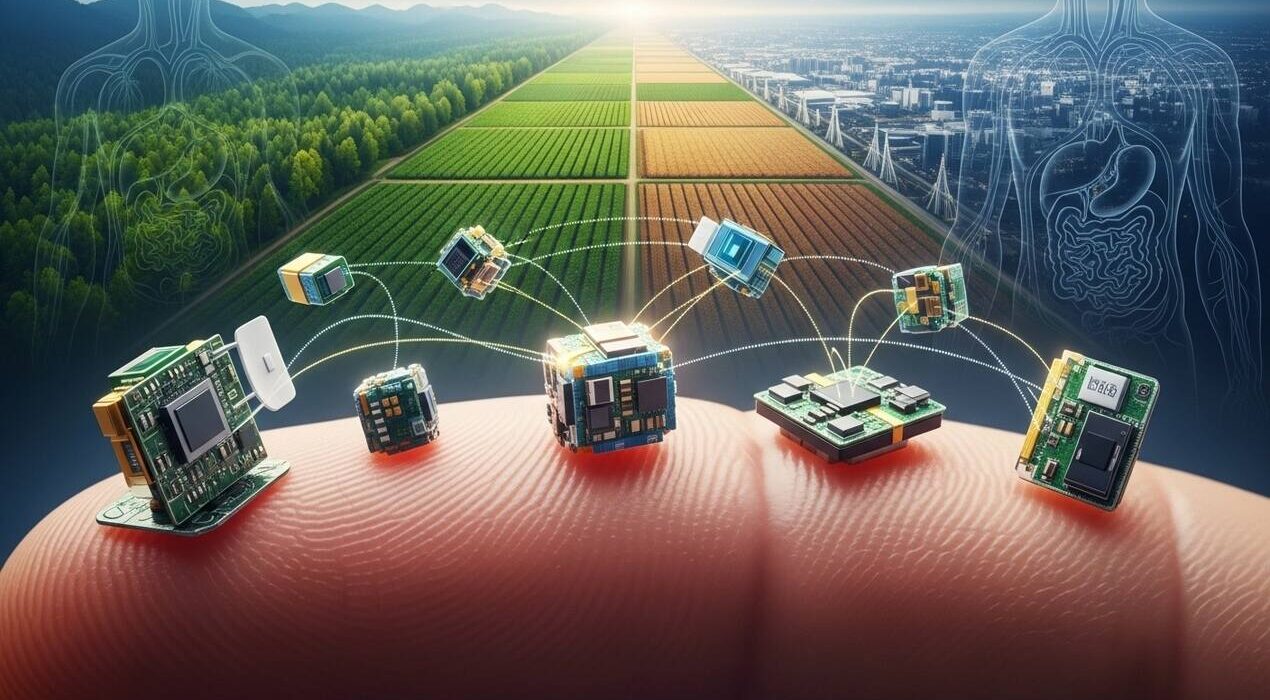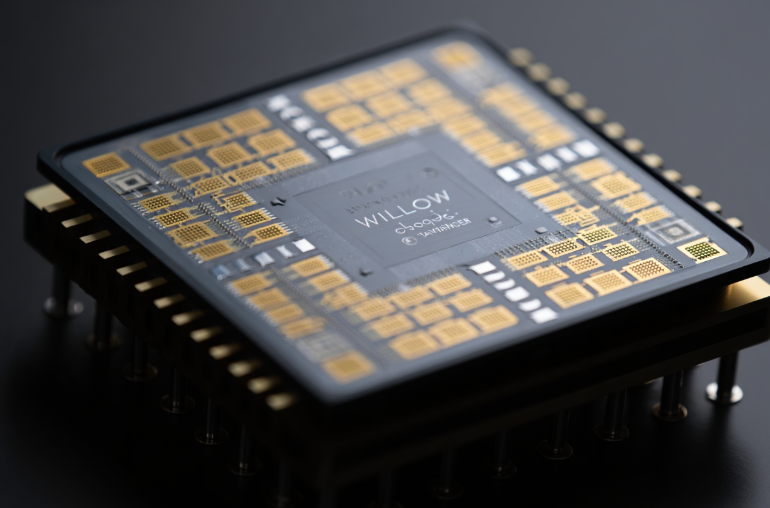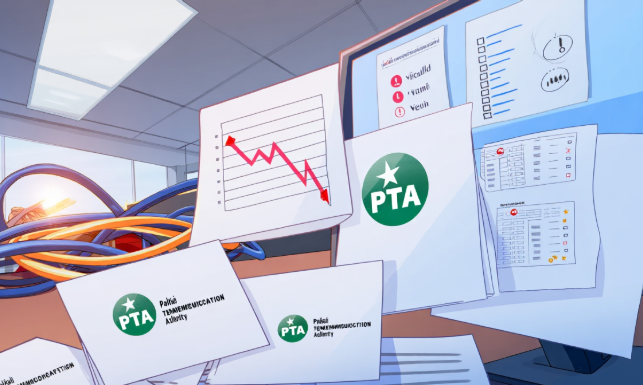Imagine particles so small you cannot see them, yet they can track the world around you. This is the idea behind smart dust—tiny sensors designed to collect valuable data.
These sensors are no bigger than grains of sand. However, they come with mini processors, power sources, and wireless systems. Once released into the air, they send real-time data to a central hub.
The technology offers exciting possibilities. For example, smart dust could help detect air pollution or monitor the safety of buildings. In addition, it may transform industries like farming, healthcare, and manufacturing.
In agriculture, airborne sensors could track soil moisture, crop health, and even pests. Farmers would gain insights that improve harvests while saving resources. In healthcare, smart dust might monitor hospital conditions or assist in patient care. Some researchers even explore how it could work inside the human body.
Manufacturing may also benefit. Sensors could monitor equipment in real time, reducing breakdowns and improving safety. As a result, businesses could cut costs and boost efficiency.
However, innovation brings challenges. These sensors raise serious questions about surveillance and privacy. If misused, they could track people without consent. Therefore, ethical rules are essential to protect communities while enjoying the benefits.
Smart dust shows how fast technology is shrinking yet growing smarter. Society must decide how to use it responsibly. Balancing progress with privacy will shape the future of this powerful invention.
Smart Dust: Tiny Sensors With Big Impact






